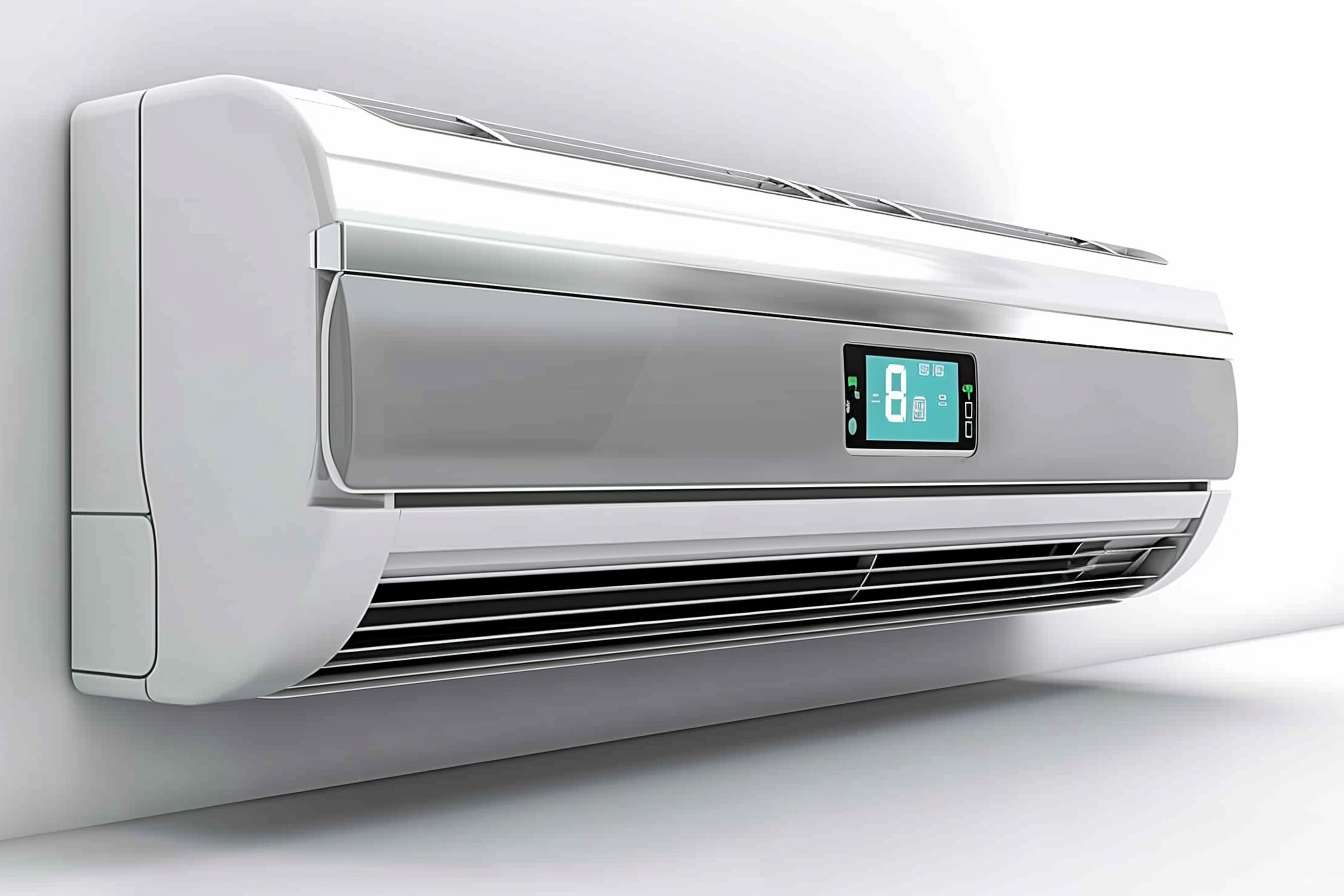The Ultimate Heat Pump Guide: Why Modern Heat Pumps Are Your Best Choice
Heat pumps have revolutionized home heating and cooling, offering an energy-efficient alternative to traditional HVAC systems. As we delve into this comprehensive heat pump guide, we'll explore why modern heat pumps are increasingly becoming the best choice for homeowners across Great Britain. From their eco-friendly operation to their year-round functionality, heat pumps are transforming the way we think about climate control in our homes.

What are heat pumps and how do they work?
Heat pumps are innovative devices that transfer heat from one place to another, rather than generating it. They work by extracting heat from the air, ground, or water outside your home and pumping it inside during colder months. In summer, the process is reversed to cool your home. This efficient method of temperature control makes heat pumps a versatile solution for year-round comfort.
Why are heat pumps considered energy-efficient?
Heat pumps are renowned for their energy efficiency because they move heat rather than create it. This process requires significantly less energy compared to traditional heating systems. In fact, for every unit of electricity used, heat pumps can generate up to three units of heat, making them 300% efficient in ideal conditions. This high efficiency translates to lower energy bills and reduced carbon emissions.
What types of heat pumps are available for homeowners?
There are three main types of heat pumps available for residential use:
-
Air-source heat pumps: These are the most common and extract heat from the outside air.
-
Ground-source heat pumps: Also known as geothermal heat pumps, these use the constant temperature of the earth for heating and cooling.
-
Water-source heat pumps: These extract heat from a water source such as a lake or pond.
Each type has its own advantages, and the best choice depends on your specific property and needs.
What affects the price of a heat pump installation?
Several factors influence the cost of installing a heat pump:
-
Type of heat pump: Ground-source heat pumps are generally more expensive to install than air-source units due to the need for ground excavation.
-
Size of the property: Larger homes require more powerful systems, increasing costs.
-
Existing infrastructure: The presence of suitable ductwork or the need for retrofitting can impact prices.
-
Geographical location: Installation costs can vary depending on your area and local labour rates.
-
Additional features: Smart controls, zoning systems, and high-efficiency models can add to the overall cost.
Understanding the total cost for whole-home heating
When considering a heat pump for whole-home heating, it’s essential to look beyond the initial installation cost. The total cost of ownership includes:
-
Initial purchase and installation
-
Energy costs over the system’s lifetime
-
Maintenance and potential repair costs
-
Potential savings from government incentives or reduced energy bills
While the upfront cost may be higher than traditional systems, the long-term savings on energy bills often make heat pumps a cost-effective choice.
Comparing heat pump options and costs in 2025
As we look ahead to 2025, the heat pump market is expected to evolve with more efficient and affordable options. Here’s a comparison of different heat pump types and their estimated costs:
| Heat Pump Type | Average Installation Cost | Estimated Annual Running Cost | Lifespan |
|---|---|---|---|
| Air-source | £7,000 - £13,000 | £500 - £700 | 15-20 years |
| Ground-source | £14,000 - £25,000 | £400 - £600 | 20-25 years |
| Air-to-water | £8,000 - £15,000 | £450 - £650 | 15-20 years |
Prices, rates, or cost estimates mentioned in this article are based on the latest available information but may change over time. Independent research is advised before making financial decisions.
When choosing a heat pump system, consider factors such as your property size, insulation levels, and local climate. While ground-source heat pumps have higher upfront costs, they often provide greater efficiency and lower running costs over time. Air-source heat pumps, on the other hand, offer a more affordable initial investment and are suitable for a wider range of properties.
In conclusion, modern heat pumps represent a significant leap forward in home heating and cooling technology. Their energy efficiency, versatility, and potential for long-term cost savings make them an attractive option for homeowners looking to upgrade their HVAC systems. As technology advances and installation costs potentially decrease, heat pumps are poised to become an even more compelling choice for sustainable home comfort.




